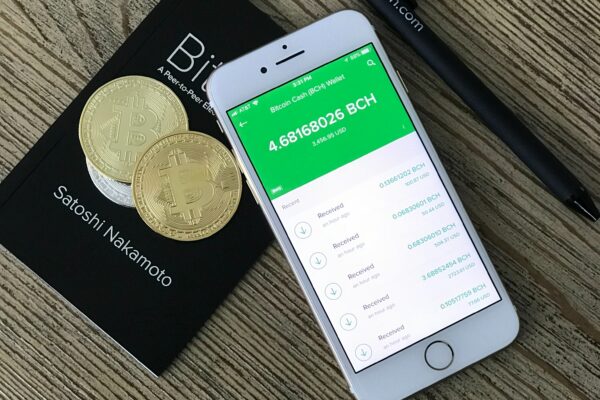Liquidity pools is, essentially, a term for funds ‘pooled’ together and locked in a smart contract. They’re used to create liquidity to make transactions quicker and facilitate decentralized trading, lending and much more. Liquidity is important as both, cryptocurrency and financial markets depend on it. Normally it takes time to convert an asset into cash if there’s not enough liquidity on the market. Having higher liquidity means the conversion is faster and there’s no sudden price changes.
It’s a crowdsourced pool of cryptocurrencies or tokens, meaning that users themselves supply the pools, thus becoming liquidity providers (LPs). LPs are actively incentivized to crate liquidity through rewards systems. After a certain amount of time, LPs are rewarded with liquidity provider tokens (LPTs), equivalent to the amount of liquidity they supplied. And when a pool facilitates a trade, a fraction of fees is distributed proportionally amongst the LPT holders. These tokens are a valuable asst in their own right and can be used in different ways throughout the DeFi network.
An important element of liquidity pools is automated market maker (AMM). Put simply, it’s an automated protocol that prices assets and uses liquidity pools to facilitates transactions in an automated way. Trading on an AMM is like having a peer-to-contract transaction, where the trade is executed against the liquidity in a liquidity pool. There’s no longer any need for a seller, only sufficient liquidity in the pool.
Undeniably, the biggest benefit of liquidity pools and AMMs is that once again trading is made even simpler. One no longer needs to worry about finding a trading partner, as all transactions happen automatically through smart contracts. Moreover, there’s little to no market impact. Sellers can no longer ask for twice the market price for their assets and there’re no buyers willing to pay below-average prices. Transactions take less time, run smoother and asset values are constantly updated in accordance with exchange rates. And even if one is not interested in trading, liquidity pools are a great way to use cryptocurrency for passive income.




